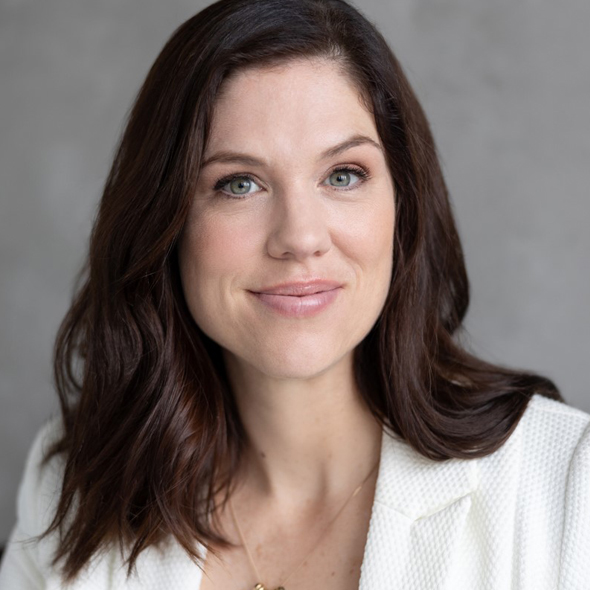We ask a prominent director to share three important lessons from three different professional experiences.
Annette King FAICD serves on listed, private and not-for-profit boards, including health insurer HCF, reinsurer Swiss Re Australia & New Zealand, ASX- listed mortgage broker AFG and NFP fund manager U Ethical Investors. Previously chair and president at the Actuaries Institute, King has also served on the boards of superannuation funds at MLC Australia, Insignia Financial and wealth management company FNZ Asia Pacific. King co-founded and chaired fintech Galileo Platforms in Hong Kong. Prior to her non-executive director career, King was CFO of AXA in Singapore and CEO of Manulife in Singapore.
She is also a former president of the Life Insurance Association for Singapore and a former member of the AICD’s Hong Kong advisory committee. A current member of the AICD’s APRA Forum, King spoke at last month’s Australian Governance Summit in Melbourne.
The Boards: Swiss Re Australia & NZ, Actuaries Institute, FNZ Asia Pacific, Manulife, AXA
The Lesson: Flex with the different dynamics that international boards possess.
I lived in Hong Kong and Singapore for 14 years and served on a number boards of international organisations with a presence in Asia. The diversity of the businesses was rewarding. The market dynamics made things interesting and regulation obviously differed, depending on the jurisdiction. While certain elements of strategy translate across borders, I learned to pick up on the nuances in the client market and the dynamics of each country I worked in.
Often, there were differences around the board dynamic due to cultural differences. For example, decision-making was more controlled in some markets, as the hierarchical structure was more entrenched — the CEO had more sway and the C-suite were less likely to speak openly if they disagreed. Sometimes, it was necessary to have time with executives without the CEO being there, to get to the nub of an issue. This could be achieved through breakfasts, lunches or coffees around the board meetings. I needed to find other avenues.
It is important for a director to understand different cultural dynamics and flex with them, while maintaining a focus on having open conversations and being sensitive to language differences and cultural norms. Transparency and clarity of discussion is essential for achieving the best outcome for the organisation.
The Boards: AFG, FNZ Asia Pacific
The Lesson: Entrepreneur-led organisations are opportunistic and fleet of foot, but do not suit everyone.
My first role as a non-executive director was with FNZ, a private, multibillion-dollar, entrepreneur-led organisation. I didn’t understand initially how different this culture could be from the large international corporates where I’d spent most of my career. The personality and drive of the entrepreneur permeates the entire business.
I’ve since been on the board of two other entrepreneur-led organisations, including one I co-founded, Galileo Platforms. Early-stage startups are a roller-coaster of highs and lows — especially during challenging periods like a pandemic.
Not all directors are suited to these organisations. There is an extra need to be flexible as you are working with founders who, even if they’ve moved to a non- executive role, will still be highly visionary about the business.
Personal influence is important in the decision-making process at early-stage startups. Over time, I learned to foster what brought success to the business, but also provide independence and the appropriate level of questioning and commentary into board discussions.
While policy and process are key, especially in listed companies like AFG, they’re very focused on the clients. They know the value in responding fast to market needs. It is often the personalities within the business, rather than the hierarchy, who are a key driver of momentum and success.
The Board: Undisclosed
The Lesson: Passion for the business and conviction are key.
I have been a professional, paid non- executive director for eight years, but I also have volunteer positions on either pro bono or low bono boards. I’ve been a CEO and CFO, so I have a highly commercial mindset, but I’ve learned that alignment with purpose is key. My litmus test now is, would I serve on this board if the position were unpaid?
If the answer is no, that tells me this is not a board for me. That’s hard in the early part of your non-executive career, because it takes time to build out your portfolio. You’re keen to prove yourself, but it’s also important to be true to yourself, and your values and purpose must be in alignment with the organisation.
It’s important to have that alignment and passion for the business at the outset, and if things change during your time on the board, then you have to step away. That’s a hard decision because you may have developed a strong commitment to the business, the shareholders or with the client or member base. You feel a responsibility towards them, but you’ve got to stick with your convictions. My advice is not to sweat the small stuff when it comes to different opinions. Everyone’s got different views and a diverse board is excellent, but on the important stuff, you have to stick with your convictions and work wholeheartedly to try to build consensus. At the end of the day, if the alignment is no longer there, you need to step away and let others continue on the chosen path.
Latest news
Already a member?
Login to view this content



.jpg)